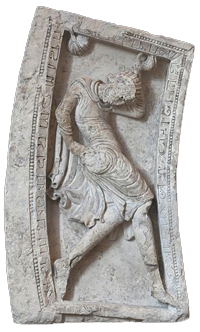Nineteenth biennial New College Conference on Medieval
and Renaissance Studies
*****CALL FOR PAPERS******
The nineteenth biennial New College Conference on Medieval and Renaissance Studies will take place 6–9 March 2014 in Sarasota, Florida. The program committee invites 250-word abstracts of proposed twenty-minute papers on topics in European and Mediterranean history, literature, art, music and religion from the fourth to the seventeenth centuries. Interdisciplinary work is particularly appropriate to the conference’s broad historical and disciplinary scope. Planned sessions are welcome; please see the new guidelines at http://www.newcollegeconference.org/cfp.
In memory of the conference’s founder Lee Daniel Snyder (1933–2012), we are pleased to announce the establishment of the Snyder Prize, which will be awarded for the first time in 2014. The prize carries an honorarium of $400 and will be given to the best paper presented at the conference by a junior scholar. Further details are available at the conference website.
The conference will be held on the campus of New College of Florida, the honors college of the Florida state system. The college, located on Sarasota Bay, is adjacent to the John and Mable Ringling Museum of Art, which will offer tours arranged for conference participants. Sarasota is noted for its beautiful public beaches, theater, food, art and music. Average temperatures in March are a pleasant high of 77F (25C) and a low of 57F (14C).
More information will be posted on the conference website as it becomes available, including submission guidelines, prize details, plenary speakers, conference events, and area attractions:
http://www.newcollegeconference.org
The deadline for abstracts is 15 September 2013. Send inquiries to info@newcollegeconference.org and abstracts to:
abstracts@newcollegeconference.org









